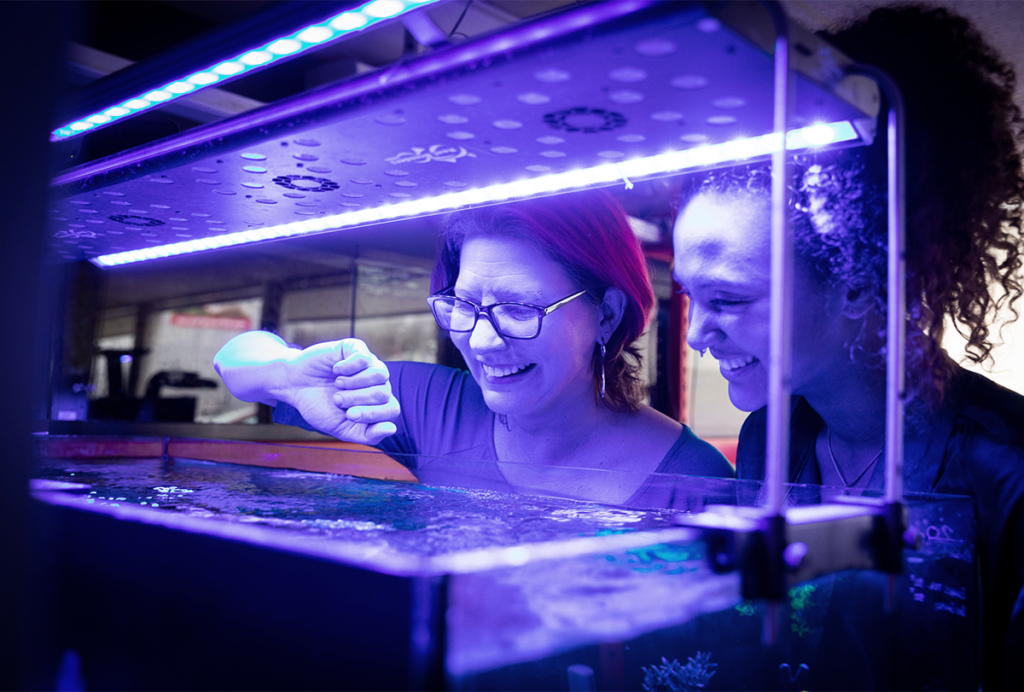Stoyo Karamihalev is a research associate at the Max Planck Institute of Psychiatry. His research interests include emotions, individual differences and complex behavior. He uses two-photon calcium imaging and holographic perturbations to examine how emotion states are represented in ensembles of neurons in the mouse insular cortex.
During his training in Alon Chen’s lab, split between the Max Planck Institute and the Weizmann Institute of Science, Karamihalev developed tools for understanding socioemotional behavior in mice using ethologically inspired observational and interventional methods. That work aimed to link the behavioral signatures of personality and social status with physiological assessment and the transcriptomic profiling of the brain to better understand the neural underpinnings of well-being and stress. Motivated to study emotions where they arise in the brain, he joined Nadine Gogolla’s lab to focus on the neural circuits of affective experience.

